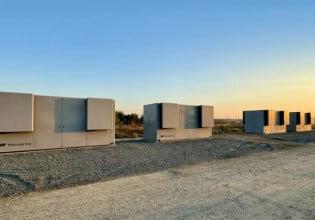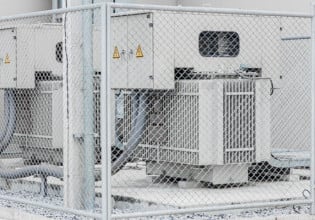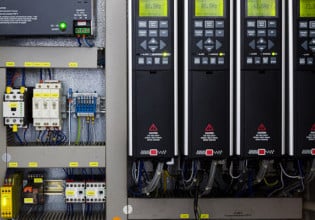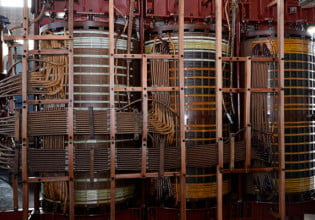Power Companies Tackle Climate and World Stewardship
STMicroelectronics, TDK Corporation, and PREMO are a few companies leading the way in defining sustainable business practices for the power electronics industry.
In December of 2020, three companies in the power electronics industry stood out amongst the crowd for their efforts in undertaking environmentally sustainable business operations. Two companies have been recognized for corporate sustainability by the Carbon Disclosure Project (CDP), a global environmental non-profit organization. These companies include STMicroelectronics and TDK Corporation. PREMO S.A. is the third power company to have shown a commitment to sustainable development and better practices to reduce the impact that business operations can have on the environment.
As the world faces a rapidly changing climate, accelerated by human-induced activities, companies across the globe have been endeavoring to find ways of reducing their carbon footprint while ensuring business growth. In David Attenborough’s book, “A Life on Our Planet”, he speaks of “The Planetary Boundaries Model”. This model includes a boundary that represents the Earth’s “Threshold of Stability”, within which humanity can continue to develop and remain in relative balance with the Earth. The threshold is subject to nine planetary boundaries which include air pollution, chemical pollution, and climate change among others. The actions and sustainable operations of large manufacturing companies are directly linked to these boundaries and are important in ensuring that they remain within the threshold.
STMicroelectronics
STM is a leading global manufacturer of electronics and semiconductor technologies. The company has been recognized for leadership in corporate sustainability by the CDP and has earned its place on its prestigious ‘A-List’ for tackling climate change. The company implemented its initiatives with transparency and is forging ahead with its comprehensive roadmap towards carbon neutrality. By 2027, the company aims to become carbon neutral. STM will be focusing on its first target concerning compliance with the 1.5°C scenarios as outlined at the Paris COP21 by 2025 and its second target, where the company aims to source100% renewable energy by 2027.
Overall, STM aims to reduce overall energy consumption, direct emissions of greenhouse gases, and the emissions released from product transportation, business travel, and employee commuting. STM also aims to reduce remaining emissions by utilizing the most credible carbon avoidance and sequestration programs.
TDK
Multinational, Japan-based electronics company, TDK, was placed on CDP’s ‘A-List’ within the climate change category for its work on water security. The company formulated the TDK Environmental Charter, which serves to support its environmental policy. Through the policy, TDK aims to contribute to the development of society. The company has also created its Environmental Vision 2035 and Environment, Health and Safety Action 2025 which serve as key frameworks for striving toward the goal of halving “CO2 emission basic-unit in a life-cycle perspective by 2035” and achieving sustainable operations while maintaining a safe working environment for employees. The TDK group is also raising awareness of the importance of water as a natural resource by reducing its water use and working to control water-related risks.
TDK’s Environmental Vision 2035 acts as a comprehensive framework by which to strive toward lowering CO2 emissions. Image used courtesy of TDK
PREMO
Leading global developer and manufacturer of Industry 4.0 electronic components, PREMO, announced the first 70kWp renewable energy (photovoltaic) installation to be run at its headquarters in Andalusia. This project is part of the company’s aim to contribute towards corporate social responsibility. Since the conception of this project in 2020, PREMO made plans to execute similar photovoltaic projects in 2021 and 2022. Utilizing 100% renewable energy and managing its use effectively will be beneficial for reducing greenhouse gas emissions and consequently, protecting the environment. The renewable energy project aligns with 4 of the 17 Sustainable Development Goals (SDGs) proposed by the United Nations. These include:
- Affordable and Clean Energy
- Industry, Innovation, and Infrastructure
- Responsible Production and Consumption
- Climate Action
The project is also intended for 3 electrical vehicle/hybrid vehicle (EV/HV) charging stations with a total of 22kW. PREMO endeavors to work by the triple bottom line accounting framework which utilizes three measures of performance. These are the three P’s of Planet, People, and Performance. For PREMO and other companies, the economic profits gained by their business operations will be equally weighted alongside environmental stewardship and the development of their employees.






